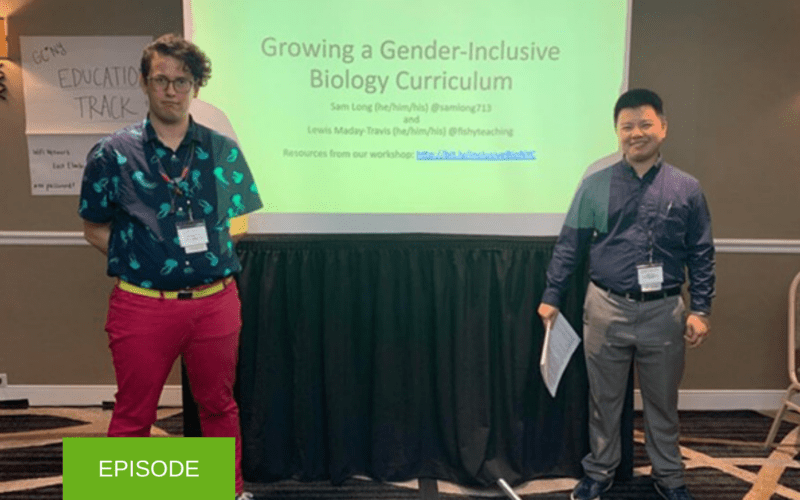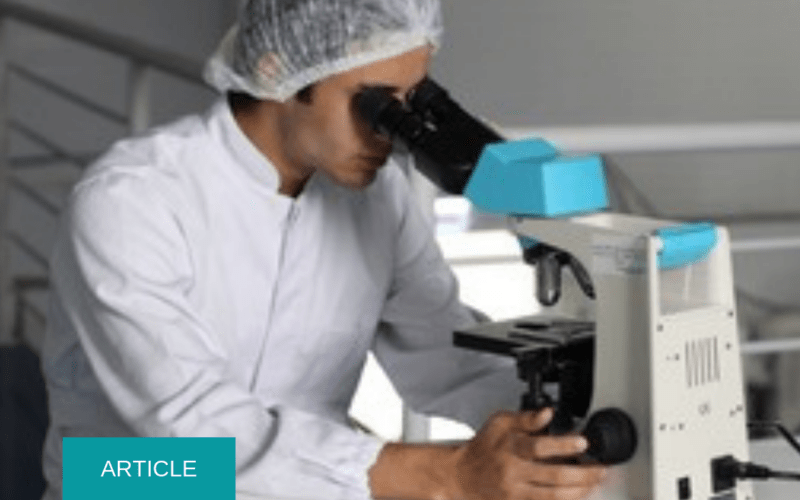Gender Inclusivity: Where Science and Ethics Intersect
We speak with high school science teachers and trans men, Sam Long and Lewis Maday-Travis, who have developed resources and trainings to help biology teachers develop gender-inclusive curricula. Science tells us that sexual and gender diversity is both normal and positive.
Read More




